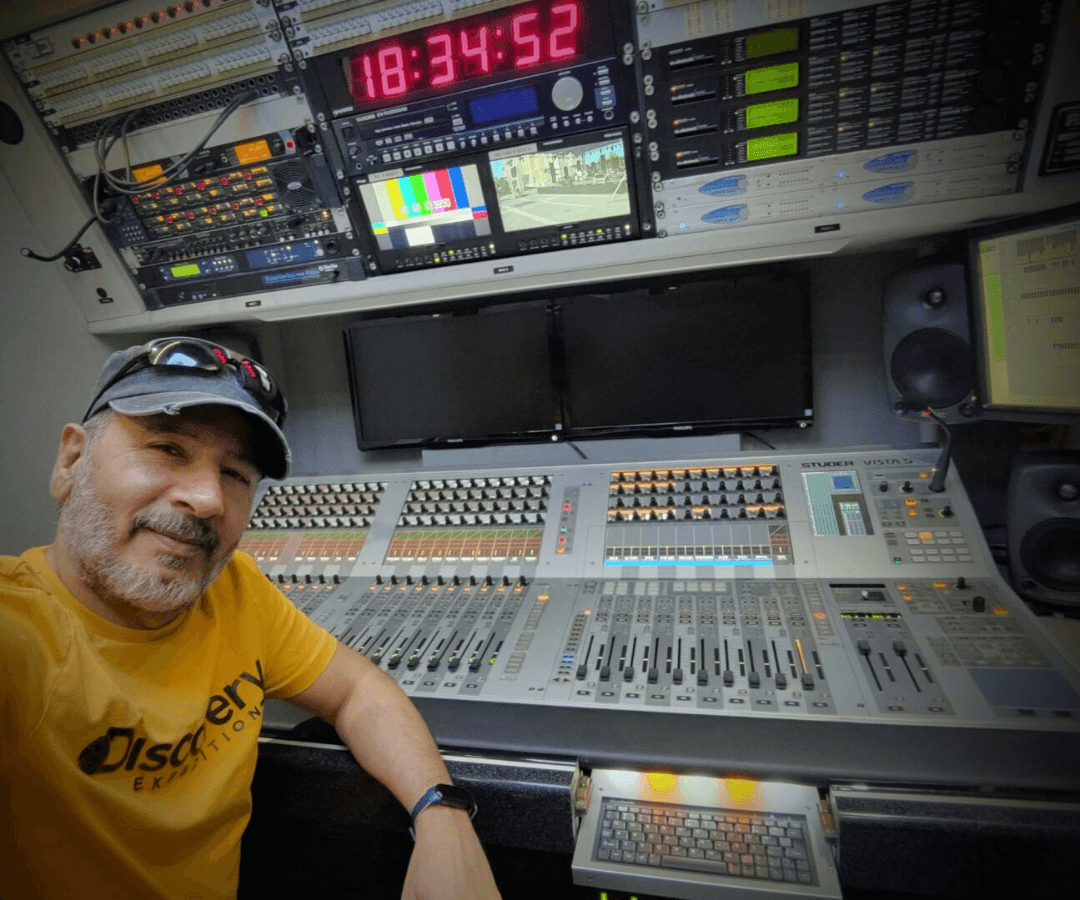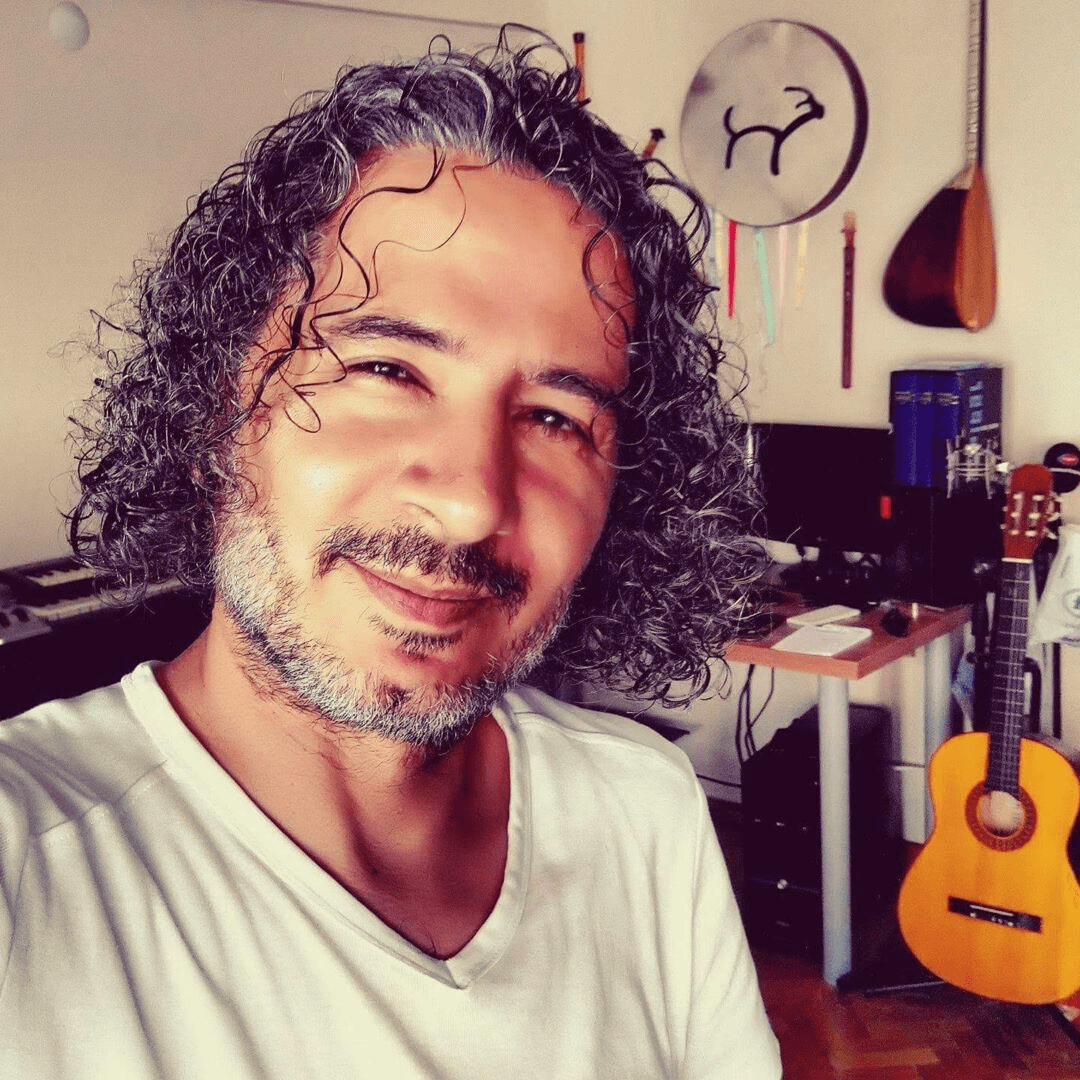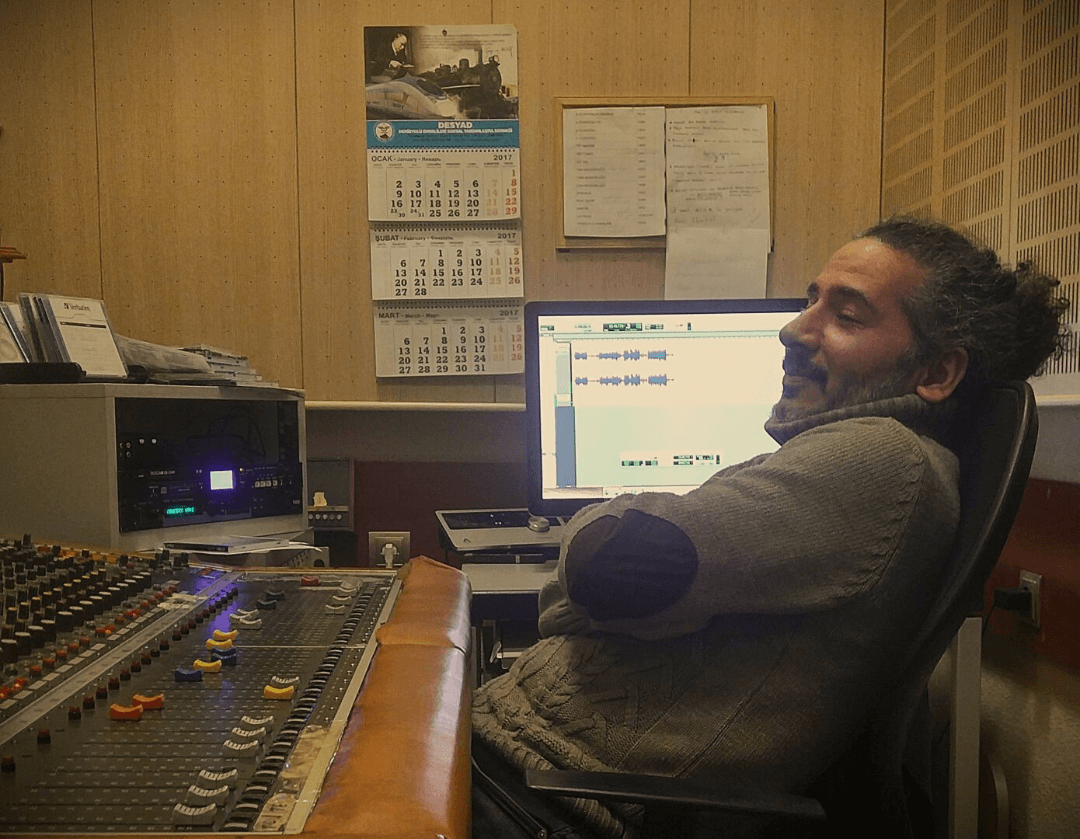We were lucky to catch up with Burçin Aktükün recently and have shared our conversation below.
Alright, Burçin thanks for taking the time to share your stories and insights with us today. Going back to the beginning – how did you come up with the idea in the first place?
I took my first steps in music at the age of six, guided by my mother, who was a music teacher, and started with the soprano flute. I then trained on several other instruments, including trumpet, classical guitar, and violin. By the early ’90s, I was performing on stage with my guitar. However, I soon realized that being in the spotlight wasn’t as appealing to me as working behind the scenes, shaping the music from within. This led me to shift my focus to music technology. While working as a faculty member at the Sakarya University State Conservatory, I established the Music Technology Department and authored a book titled Using Computers in Music.
In 2015, I left the university and joined Turkey’s largest public broadcaster, TRT, as a Tonmeister. Alongside my work in public broadcasting, I also collaborated with the esteemed film music composer Mustafa Yazıcıoğlu, overseeing the mix and mastering processes of numerous film score projects. Behind the curtain of creativity, I discovered the joy of touching every detail of the music, constantly reimagining myself in the process.
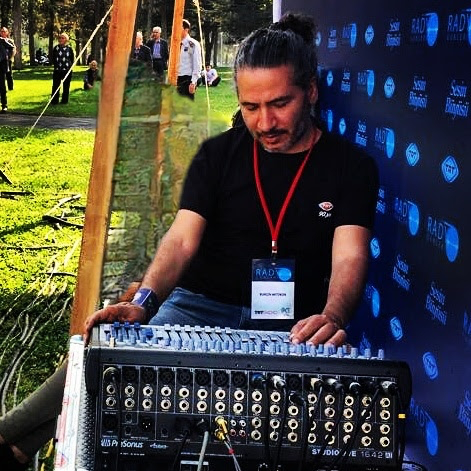
Burçin, before we move on to more of these sorts of questions, can you take some time to bring our readers up to speed on you and what you do?
For nearly a decade, I have been working at TRT, where I’ve embraced the Tonmeister culture that public broadcasting instills. This approach takes me beyond simply executing tasks in audio engineering; instead, I become actively involved from the very start of a project, often sharing creative ideas to inspire the composer and arranger. One of the things that sets me apart is that I’m not content with simply mixing or mastering a recording and calling it done. If I hear something that could enhance the project—whether it’s during playback or while watching a visual scene—I always make sure to share it with the team.
I believe my journey, which began with tonal music and later included training in Turkish music, has greatly influenced this perspective and collaborative approach.
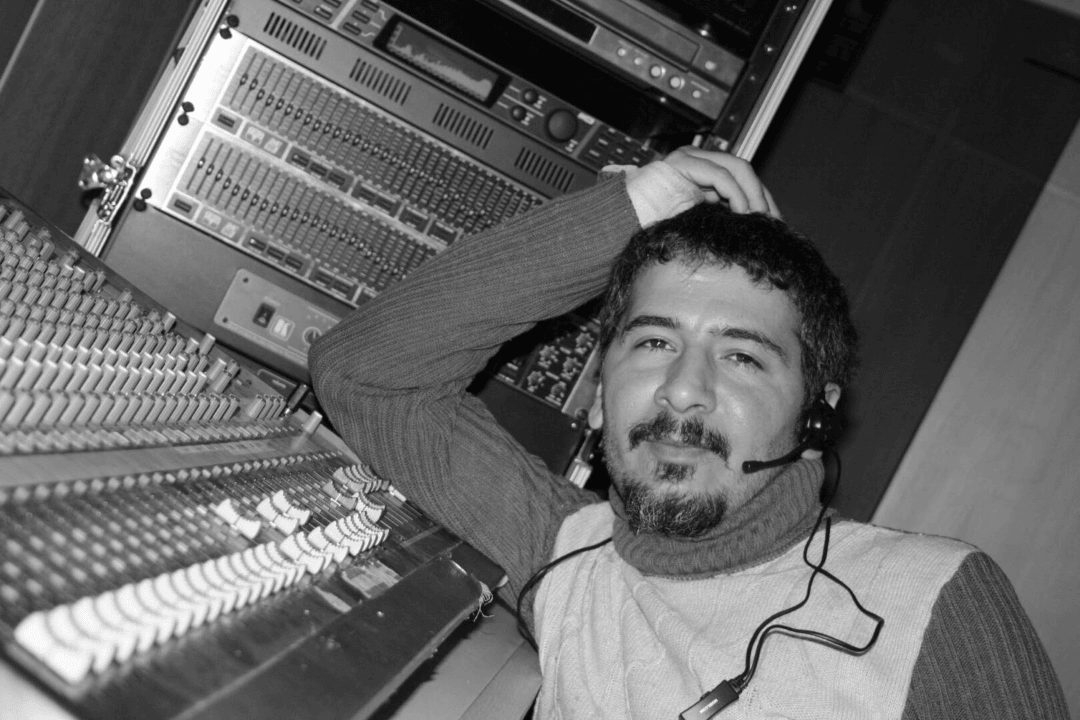
What’s the most rewarding aspect of being a creative in your experience?
The most rewarding part of being creative is that you get to leave a piece of yourself in everything you create. Your ideas and emotions become something tangible, something that takes on a life of its own, and that’s both the most challenging and the most fulfilling aspect. In a musical project especially, even the smallest detail can reflect who you are; every note, every tone, every touch carries your essence.
There’s a unique thrill in bringing something to life from scratch, adding your own vision to a project. At first, it’s like a blank canvas, but in the end, your work leaves a mark, reaching out and touching others. In a recording or a film score, when you capture that perfect feeling with the right touch, that’s when you feel the true reward of creativity. It’s a feeling that makes you want to keep doing this, keep approaching every project with passion, and reminds you each time, this is why I do it.
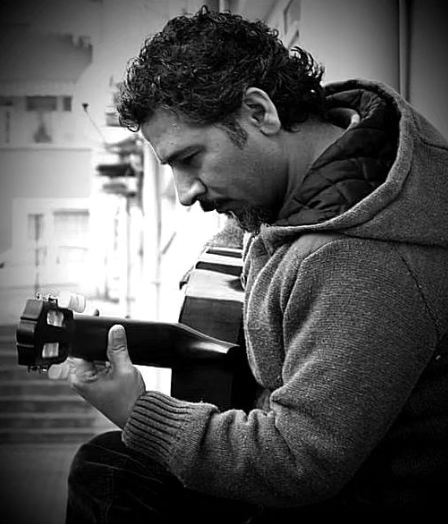
Is there something you think non-creatives will struggle to understand about your journey as a creative? Maybe you can provide some insight – you never know who might benefit from the enlightenment.
I think one of the hardest things for non-creatives to understand about the creative journey is just how much uncertainty and constant change it involves. From the outside, it might look like it’s all about following ideas or creating when inspiration strikes. But in reality, each project is a new beginning and a responsibility to create something from nothing. It’s thrilling, yes, but it can also be truly challenging.
Another thing that might be difficult to grasp is that creative people don’t just bring technical skills to a project—they pour a part of their soul into it. So, whatever is created is, in a way, a reflection of themselves. When a project is completed, it’s not just a technical achievement; it’s the result of personal experience and deep effort. Explaining this kind of personal connection to someone who doesn’t create can be tough, because developing such an attachment to a project isn’t something everyone understands.
That’s why, in the creative journey, true satisfaction doesn’t just come from achieving something—it’s about facing all the uncertainties and discovering new aspects of yourself with each project.
Contact Info:
- Website: https://www.burcinaktukun.com
- Instagram: https://www.instagram.com/burcinaktukun
- Linkedin: https://www.linkedin.com/in/burçin-aktükün-4980719b/
- Youtube: http://www.youtube.com/@burcinaktukun
- Soundcloud: https://soundcloud.com/burcin-aktukun
- Other: https://www.imdb.com/name/nm4412648/
https://open.spotify.com/intl-tr/album/73zlidUbYX7NR1Kp6uORzM
